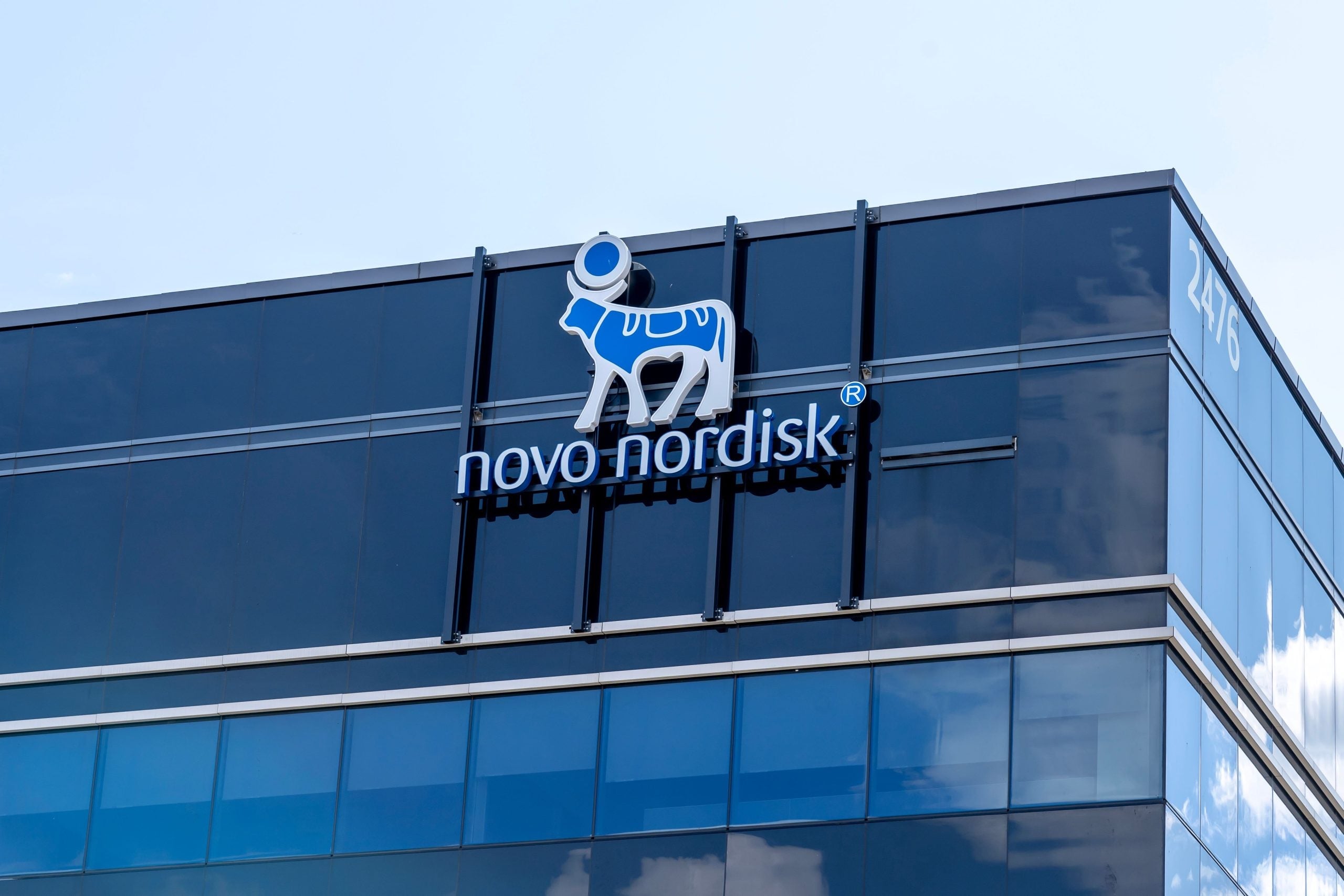
Novo Nordisk is hoping its partnerships with contract research organisations and vendors as well as the utilisation of AI will help in reducing trial set-up from final protocol approval (FPA) to go live to just one day.
Speaking during a panel on clinical data transformation journeys on the first day of the Veeva R&D Summit at the Marriott Madrid Auditorium, on 4-5 June 2024, Novo Nordisk vice-president Ibrahim Kamstrup-Akkaoui said that the company is currently working on a four-week average, with hopes to drop this average to two weeks in the next year, and down to just one day in 2026.

Discover B2B Marketing That Performs
Combine business intelligence and editorial excellence to reach engaged professionals across 36 leading media platforms.
Kamstrup-Akkaoui spoke about how years ago, the same process would take around nine months but by moving away from paper, this has been reduced significantly. Some trials are already going live within two weeks. However, the majority are around the four-week average.
He added that the company should also be able to meet the same sort of timelines for rare diseases.
“Trying it out in the worst-case scenario and see. Do I dare to be ambitious? Yes, and I expect these ambitious standards will be for everything, especially using the study builder,” Kamstrup-Akkaoui said.
“The advantage of going into new therapeutic areas is that you learn a lot about the trial while you are conducting it, so it is important you have a very slim change request process and in simulations, we will have experimented a bit with those changes.”

US Tariffs are shifting - will you react or anticipate?
Don’t let policy changes catch you off guard. Stay proactive with real-time data and expert analysis.
By GlobalDataKamstrup-Akkaoui also attributed the improvement in study set-up time to the company’s Open Study Builder tool, an open-source project for clinical study specifications.
“All the elements needed for your study are in a metadata repository, which then we’re able to extract a digital specification for the study and once that exists, the clinical robot that will then set up this trial. That is what will get us down to this day because we will eliminate all manual processes,” Kamstrup-Akkaou explains.
Kamstrup-Akkaoui similarly credited support from vendors, such as Veeva, and contract research organisations (CROs) such as Fortrea and Syneos Health have also been key in reducing set-up times.
One of the big topics of conversation at the Veeva R&D Summit has been the utilisation of automation and AI to speed up all processes in trial set-up, manufacturing, data management, regulation and more.





